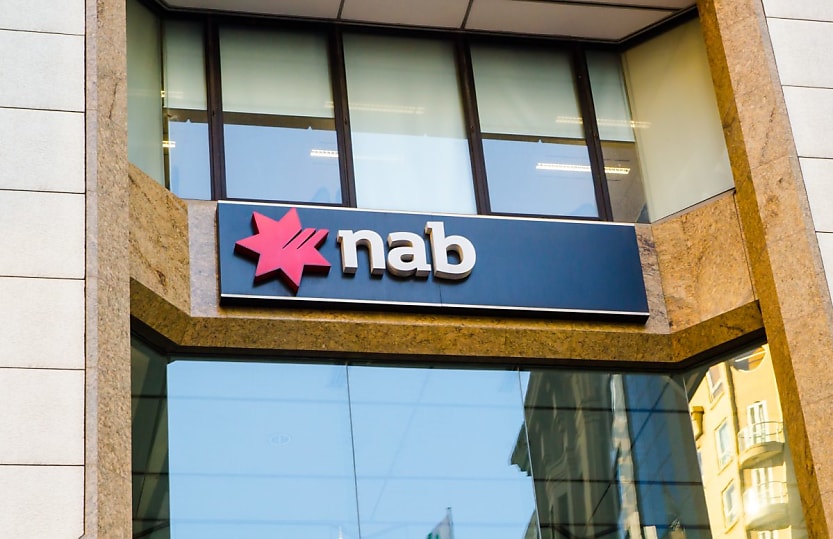Consumer stress surges higher amid job security concerns: NAB

Consumer stress has risen for a fifth consecutive quarter as concerns around job security worsen, a recent survey reveals.
The NAB Consumer Stress Index has risen above the survey average for the first time in almost four years, jumping to 59.5 in the December quarter from 57.7 in the previous quarter.
Job security and worries about the impact of government policies were the two biggest factors driving the increase in the index.
Cost of living pressures remain the biggest cause of stress but were unchanged from the previous quarter, according to the survey results.
Eight in ten consumers believe that living costs increased further in the fourth quarter of 2023, according to the survey.
“Perceptions of higher prices were most evident for groceries, utilities, transport, eating out and mortgages,” NAB said in its report.
The survey did show a decline in the number of consumers expecting higher living costs over the next 3 months.
NAB is expecting consumer concerns around jobs to continue to rise this coming year with the major bank expecting the unemployment rate to reach around 4.5 per cent by the end of 2024.
“In addition to job stress, consumer concern over the impact of government policies on their future spending and savings plans has also increased noticeably,” the bank said.
Over one in five consumers are now reporting very high levels of stress arising from government policies.
“Consumers also reported the highest level of stress stemming from their ability to fund their retirement since the onset of COVID in March 2020,” said NAB.
Overall stress was highest in South Australia and Victoria according to the survey, with both states reporting a big spike in job security stress.
Shifting spending habits
The survey results also demonstrate that spending habits are rapidly changing in response to rising consumer stress.
One in two have cut back on eating out, buying micro treats such as coffee and snacks, entertainment and car travel.
“Combined, these cutbacks amounted to monthly savings of $300, creating a potential savings buffer of around $3,600 a year if continued,” the survey report said.
Four in 10 consumers saved on holidays, food delivery and charitable giving and one in three on streaming services and major household appliances.
Consumers remain least inclined to cancel or cut spending on private school fees/tutors, children’s activities such as sports and hobbies, and spending on their pets.
The survey also revealed that spending patterns and consumer behaviours have become more nuanced depending on age group, income level, housing status and type of purchase.
“Far fewer consumers over 65 for example, have cut or reduced their spending relative to other age groups, except for car journeys and charitable giving,” the survey said.
Among lower-income consumers, 42 per cent have cut spending on food, 50 per cent on car journeys and 28 per cent on insurance.
Consumers were also asked what they were doing with the extra money from spending cutbacks.
Six in 10 had redirected it towards day-to-day living expenses, while just over four in 10 used it to support savings or offset accounts. Around one in five paid down their mortgage or other debt and one in 10 had splurged on something they wanted.
Looking ahead, NAB said consumers plan to rein in spending in most areas in Q1 2024, except essential items where rising costs are forcing them to spend more.
On balance over one in three consumers expect to spend less on entertainment (-37) and eating out (-36) and just under one in three on major household items, charitable donations, and travel & holidays (-29).
“Looking further ahead at expectations for the next 12 months, consumers were much more pessimistic,” the bank said.
“Overall, future spending intentions were most negative for major household items, followed by holidays, property, and other investments. More consumers also planned to spend less on home renovations and cars.”
The survey also showed that consumer are becoming more intentional in the allocation of their disposable income and the purchasing journey is becoming more complex.
“NAB research continues to show the most common behavioural change among consumers is being mindful where they spend their money with 44 per cent of consumers exhibiting this behaviour in Q4 2023, switching to less expensive products to save money (36 per cent), researching brands and product choices before buying (23 per cent) and purchasing because of great deals (14 per cent),” the bank said.
“When consumers want to purchase a product or service, more than ever they are turning to the internet and search engines to provide greater transparency and ease of comparing prices, highlighting the importance of search engine optimisation.”
About the author

